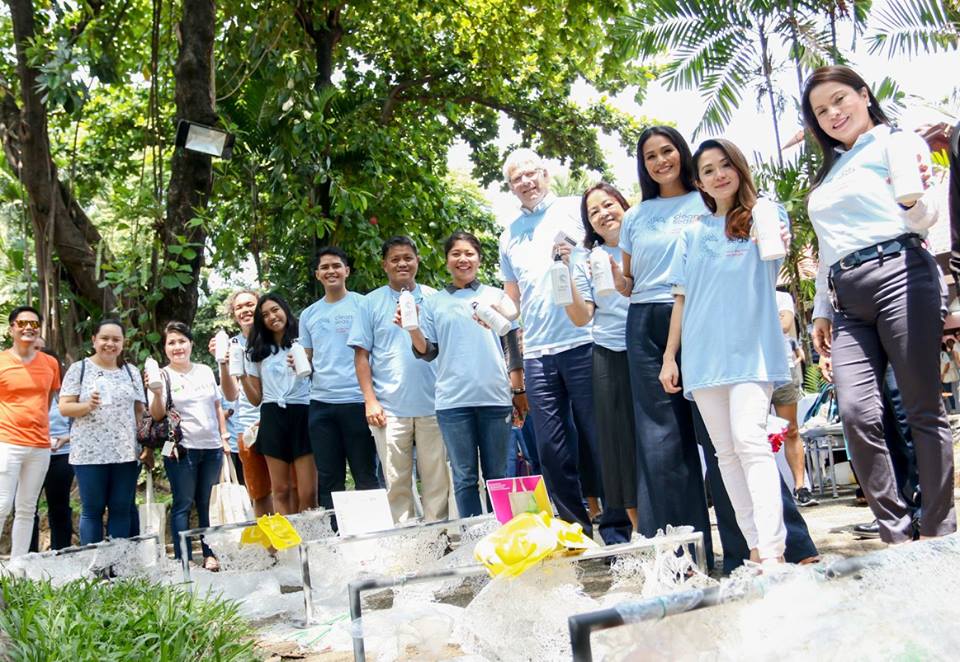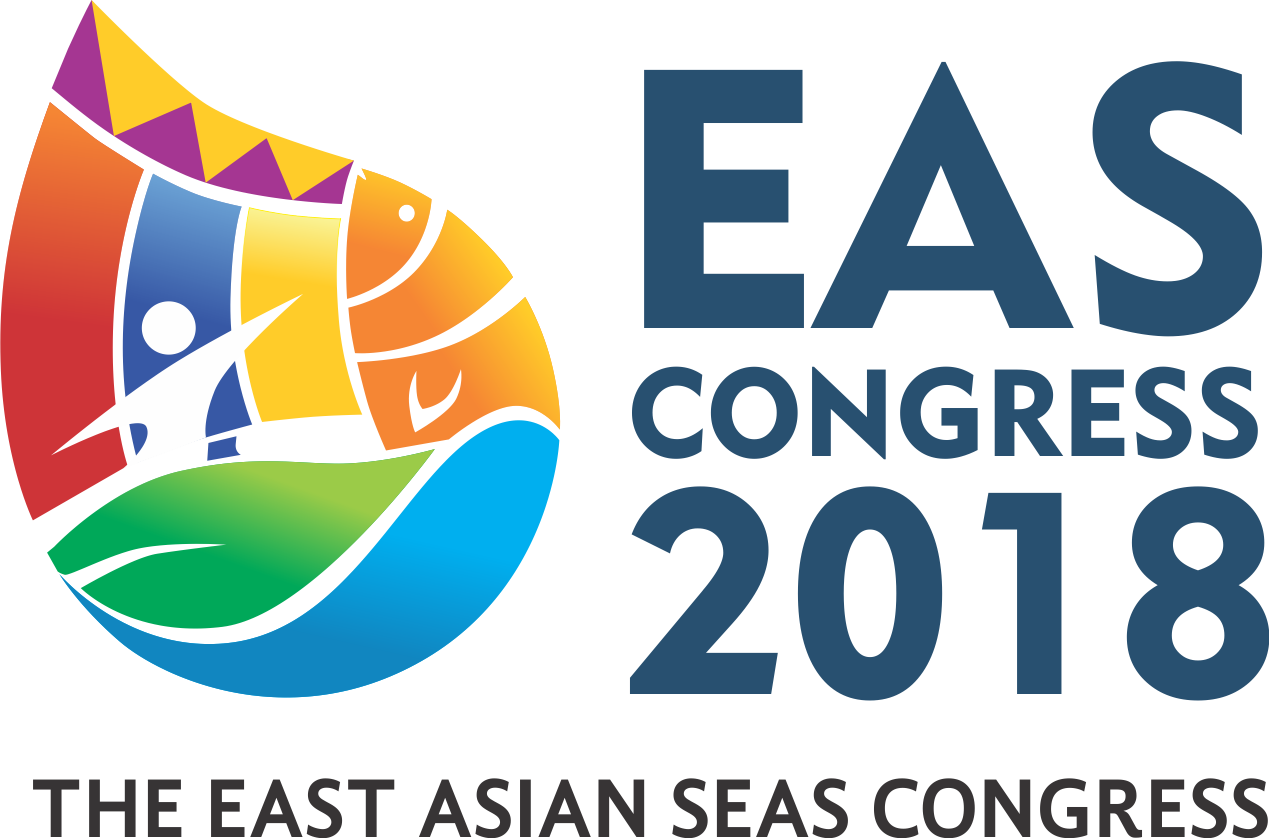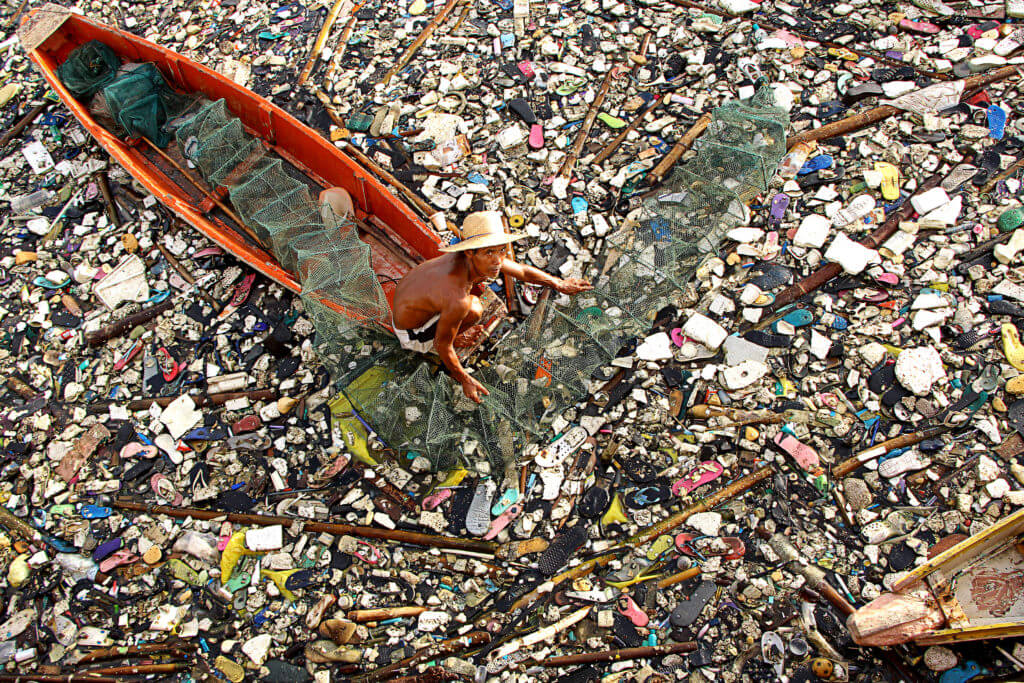There could be more plastics than fish in the oceans by 2050 (PEMSEA / Gregorio Dantes Jr.)
Plastics were first conceived as an alternative material to scarce natural resources, such as ivory from wild elephants. Only a century later, this amazing breakthrough solution has become a tremendous problem, and nowhere is it as damaging as in our oceans.
Plastics by the Numbers
In 1869, John Wesley Hyatt invented the first synthetic polymer that could be molded into a variety of shapes and simulate natural substances. Thirty-eight years later, Leo Baekeland created the first fully synthetic plastic in the quest to find a synthetic substitute for shellac, a natural electrical insulator. This revealed the seemingly endless possibilities for the use of plastics, and thus caused the rise of the modern plastic era.
According to a study published in the journal Science Advances in 2015, more than eight billion metric tons of plastic have been produced since large-scale global plastic production began in the 1950s, 75% of which has become waste. The same research team estimated that 8 million metric ton of plastic entered the ocean in 2010, a figure that has undoubtedly increased every year since. If poor waste management practices remain unchecked, there will be an estimated 250 million metric tons of plastic waste in the oceans by 2025.
Researchers from the University of Tasmania and the UK’s Royal Society for the Protection of Birds also found that almost 70% of this litter is not visible on the ocean’s surface. According to the Ellen MacArthur Foundation, by 2050, there could be more plastic than fish in the oceans.
Each year, there are an estimated 100,000 deaths of marine mammals due to entanglement and ingestion of marine debris. Microplastics are increasingly present in seafood, posing both a human health and economic risk.
A 2017 report by the Ocean Conservancy revealed that the majority of plastic entering the oceans come from five rapidly growing economies in East Asia: China, Indonesia, the Philippines, Viet Nam and Thailand. Together, these countries account for approximately 55-60% of the total plastic litter in the marine environment.
Taking Action
Today, June 8, World Oceans Day honors the ocean with a worldwide call to prevent plastic pollution and encourage solutions for a healthy ocean.
More than 20 countries worldwide are participating in the global Clean Seas campaign launched by United Nations Environment in 2017. In East Asia, countries like Indonesia and the Philippines have taken steps to address the impact of plastic waste by rehabilitating some coastlines and engaging in nation-wide campaigns. Similarly, other countries including Timor-Leste, China and Thailand have taken on the same advocacy by committing to reduce or ban the use of single-use plastics like straws and plastic bags.

PEMSEA participates in the launch of Clean Seas Pilipinas on 26 May. (PEMSEA)
Dr. Jenna Jambeck, a pioneering researcher who has shed light on the scale of the plastics problem and its origins, reminds people, “Our solutions always involve people”. She maintains, “Our activities on land impact what ends up in our ocean.” Dr. Jambeck is an associate professor at the University of Georgia and the Director of the Center for Circular Materials Management and New Materials Institute.
“Every day, we make decisions on what we choose to consume, purchase and in the end, if there’s any waste, each of us individually define what that waste is”, Dr. Jambeck explains in a webinar on ocean plastics hosted by PEMSEA in December 2017.
Individual efforts like opting not to use single-use plastics like straws, cutlery and plastic bags may seem like small actions, but Dr. Jambeck believes otherwise. She maintains that “the small choice that seems like it’s not much actually adds up a lot over time. Being confident in those choices and being a model to others and sharing this awareness can be a [help for] collective grassroots [to] grow”.
Sip PH, a youth-led social entrepreneurship from the Philippines, goes beyond refusing to use disposable cutlery. Founder Pocholo Espina and his team intends to eliminate the use of plastic straws by persuading at least 70% of business establishments in Loyola Heights, Quezon City to pursue plastic straw alternatives. Sip PH, PEMSEA’s Small Grants Winner in 2017, proves that youth are a catalyst and an active force for good in battling the plastics problems and protecting the oceans.
Ocean leaders and advocates are invited to collaborate and engage with experts like Dr. Jambeck at the East Asian Seas (EAS) Congress 2018 in Iloilo City, Philippines, 27-30 November 2018.
Youth ocean advocates like Espina and his team, will have the chance to learn from Dr. Jambeck about putting a stop to marine plastics pollutions and creating solutions during the Fifth EAS Youth Forum (YF5) workshops. YF5, themed “Moving as One with the Global Agenda: Active and Engaged Youth in the EAS Region”, offers youth an opportunity to develop their skills and grow as young environmental leaders, ocean professionals, and future integrated coastal management (ICM) practitioners.
Learn more about ocean plastics and how to take action to shape the future of our shared seas. Be an EAS 5th Youth Forum delegate this November!

